Backed by a $10M USDA grant, University of Maine researchers are transforming wood waste into sustainable jet fuel and aquaculture feed
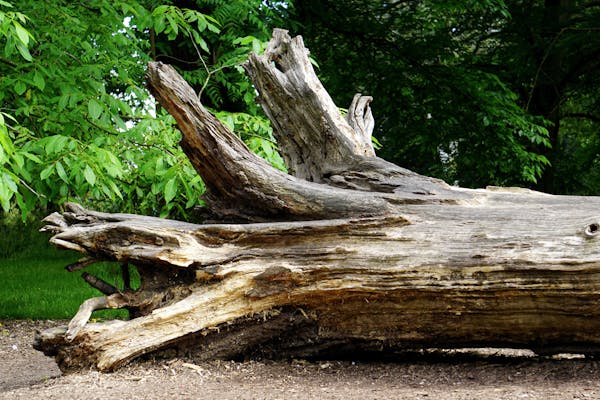
University of Maine researchers are investigating how to convert low-value wood waste into sustainable jet fuel and aquaculture feed, backed by a $10 million U.S. Department of Agriculture (USDA) grant.
Millions of pounds of low-value wood, like small trees and branches, have been left in Maine’s forests due to the decline in pulp and paper production, drought, fire suppression and reduced demand. However, low-quality wood has organic compounds called lignins that can be turned into fuel and sugars that can be made into proteins for fish feed.
“The Forest Bioproducts Research Institute (FBRI) is excited to lead this interdisciplinary project,” said FBRI Director Clayton Wheeler. “The new funding is key to developing creative and sustainable markets for underutilized forest biomass while prioritizing the inclusive values that are important to advancing equitable rural development in Maine.”
The Sustainable Wood to Fuel and Fish Feed for Strengthening the U.S. Bioeconomy project (or SWF3) involves multiple partners: the FBRI, Aquaculture Research Institute (ARI), the University of Massachusetts Lowell (UMass Lowell), USDA Agricultural Research Service (ARS) and Arbiom, a North Carolina and France-based manufacturer of protein ingredients for human and animal food.
FBRI will separate sugars, lignin and other components from the wood. Arbiom will then use its special fermentation process to turn these into proteins. ARS and ARI will work together to mix these proteins into fish feed and conduct studies on salmon growth and digestion.
Wood you believe it – a fish feed ingredient from the forest?
Fish feed, which usually includes fishmeal and fish oil, is a major expense for aquaculture. Creating proteins from wood sugars for fish feed could be cheaper and more sustainable, reducing dependence on fishmeal and natural fisheries.
“The Aquaculture Research Institute is thrilled to be part of this groundbreaking project,” said ARI Director Debbie Bouchard. “By converting low-quality wood into an ingredient for sustainable fish feed, we’re not only addressing a critical need in aquaculture but also enhancing the economic value of Maine’s forests. This innovative approach will pave the way for more resilient and sustainable aquaculture practices.”
Arbiom was a finalist in the Global Seafood Alliance’s Innovation Award in 2019.
Read more about the project here.
Now that you've reached the end of the article ...
… please consider supporting GSA’s mission to advance responsible seafood practices through education, advocacy and third-party assurances. The Advocate aims to document the evolution of responsible seafood practices and share the expansive knowledge of our vast network of contributors.
By becoming a Global Seafood Alliance member, you’re ensuring that all of the pre-competitive work we do through member benefits, resources and events can continue. Individual membership costs just $50 a year.
Not a GSA member? Join us.
Author
Tagged With
Related Posts
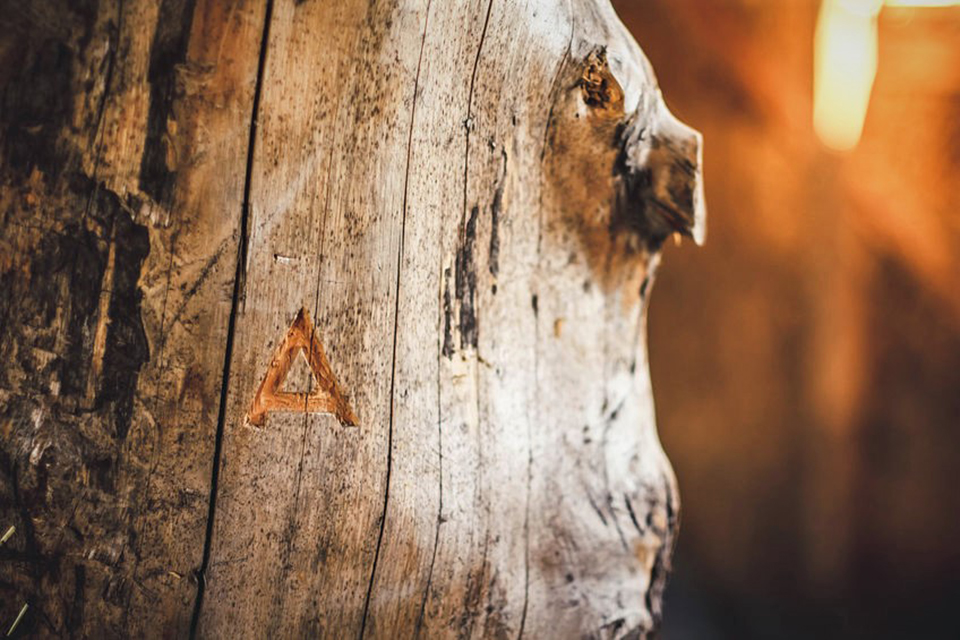
Innovation & Investment
Global Aquaculture Innovation Award 2019 finalist: Arbiom
Global Aquaculture Innovation Award finalist Arbiom is steadily proving the efficacy of its alternative feed ingredient SylPro, made from woody biomass.
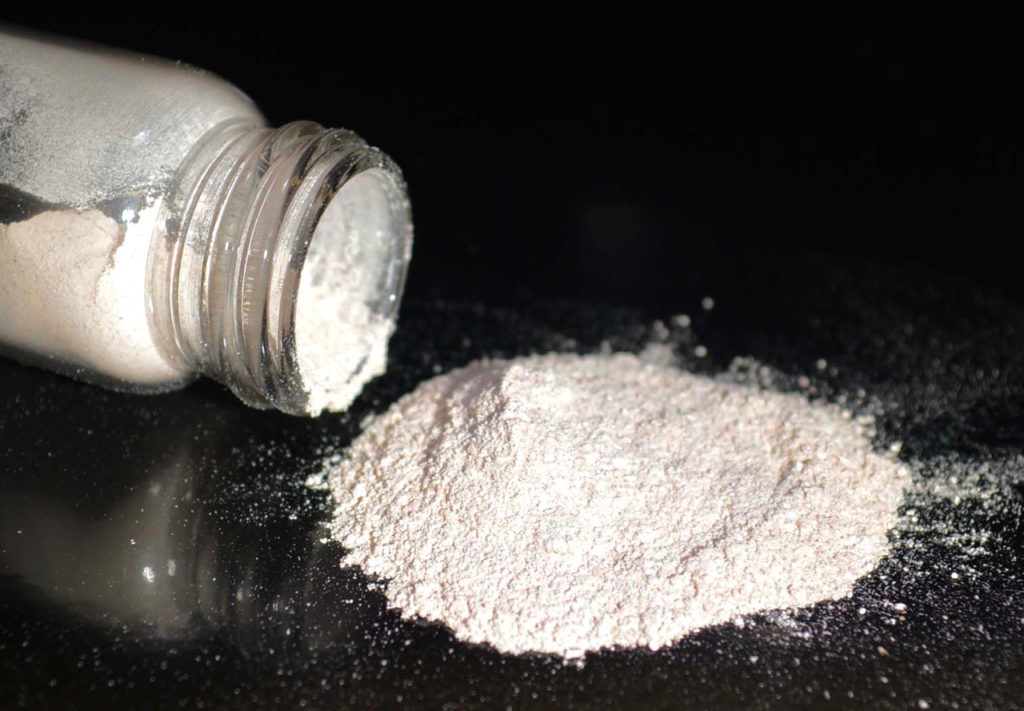
Aquafeeds
A new nutrient for aquaculture, from microbes that consume carbon waste
Biotechnology firm NovoNutrients aims to produce a line of nutraceutical aquafeed additives as well as a bulk feed ingredient that can supplement fishmeal. Its process includes feeding carbon dioxide from industrial gas to a “microbial consortium” starring hydrogen-oxidizing bacteria.
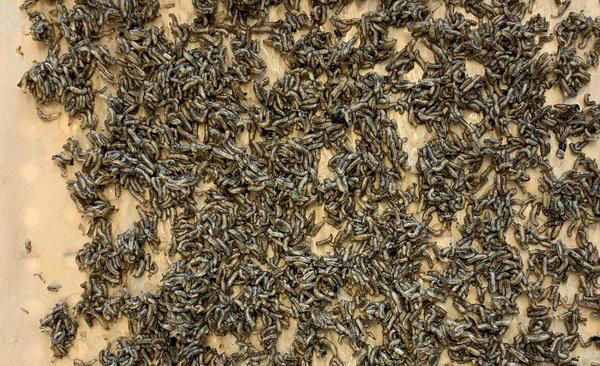
Aquafeeds
Marine yeast and kelp flies replace fishmeal in salmon feed study
Kelp flies and marine yeast grown from seafood byproducts can replace fishmeal in salmon feed, promoting circular food production.
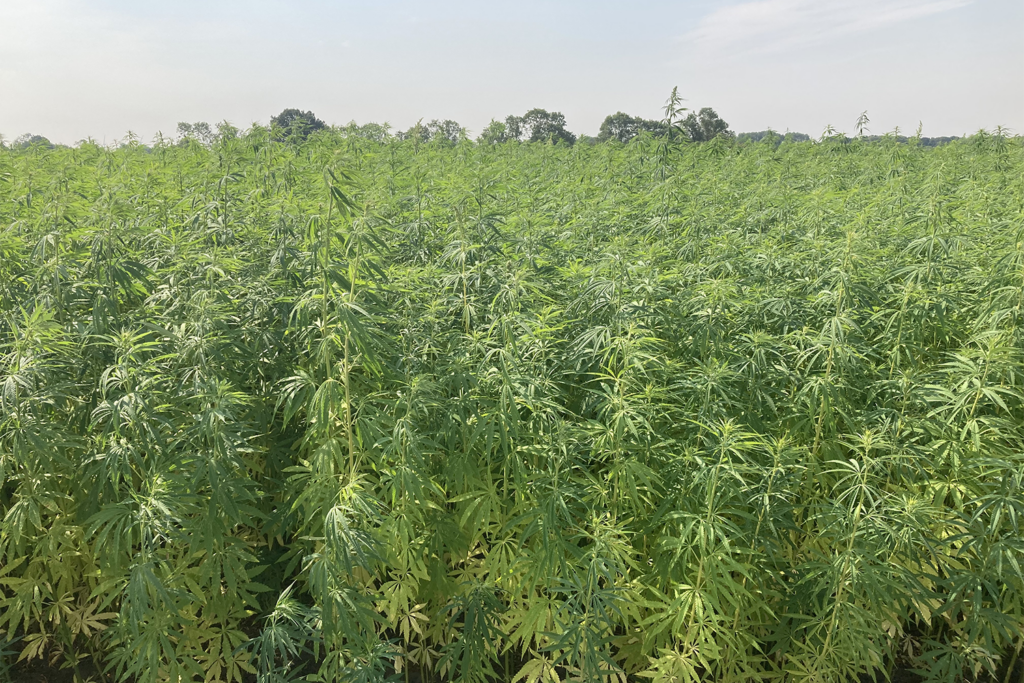
Aquafeeds
Food waste and hemp are the latest novel aquafeed ingredients gaining attention
As pressure on the ocean's resources intensifies, the search is on elsewhere for solutions to provide the protein that fish need to grow.



